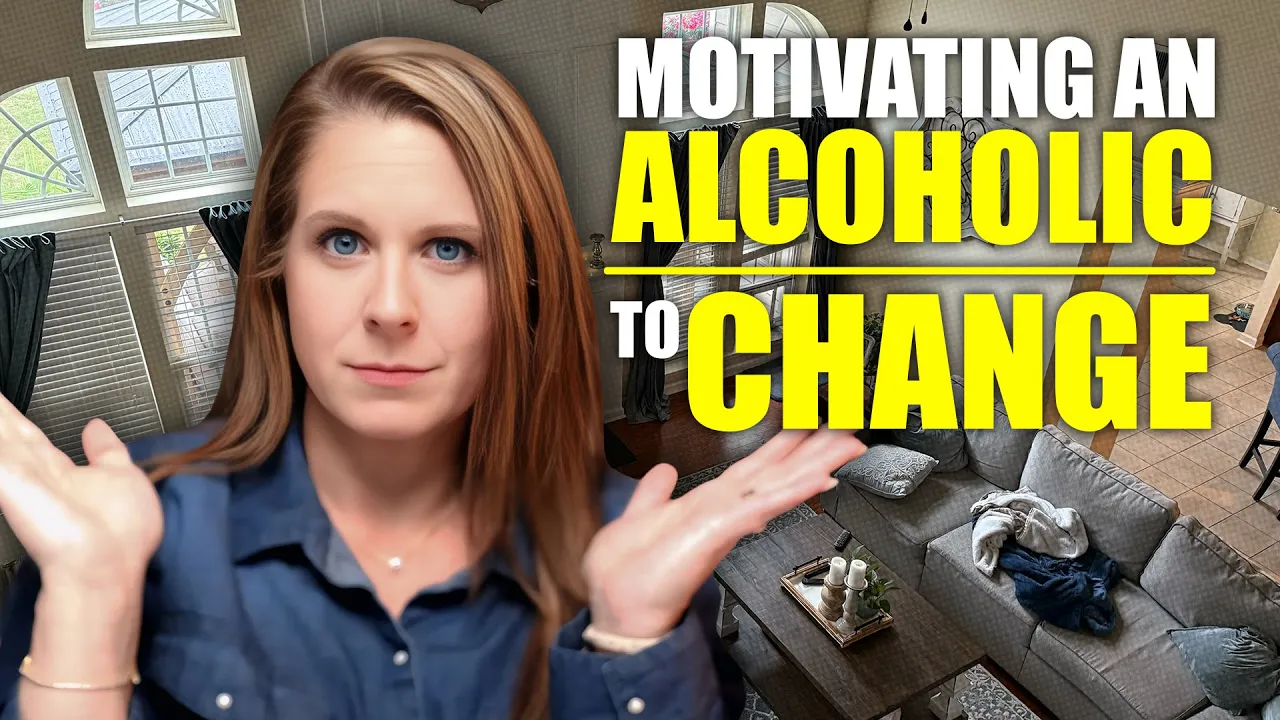The FRAMEWORK Counselors Use to BREAK DENIAL (And Get Your Loved One Moving)
Have you ever felt like no matter what you say or do, you just can’t get through to your addicted loved one? Maybe they make promises to change, but nothing ever sticks. They stay stuck in denial, and you’re left feeling powerless.
If this sounds familiar, you’re not alone—and there’s hope. In this post, we’ll break down a powerful framework called the Motivation Matrix that helps families understand what actually motivates change, why typical approaches backfire, and how you can finally start moving your loved one in the right direction.
Why Punishment Backfires (and Keeps Your Loved One in Denial)
It’s natural to think that if addiction is ruining someone’s life, they’ll need to get uncomfortable before they decide to change. Families often turn up the heat with threats like:
-
“If you don’t stop drinking, I’m taking the kids.”
-
“If I find drugs in this house, I’ll call the cops.”
The problem? In the mind of someone with an addiction, those actions feel like punishment, not consequences.
And punishment does the opposite of what you want—it shifts their focus onto you as the problem instead of the addiction. They’ll think: “You’re unfair. You’re controlling. You don’t get it.”
The Key Difference: Consequences vs. Punishment
Here’s the critical distinction families must understand:
-
Punishment = something imposed by you (taking away privileges, yelling, telling others).
-
Consequences = the natural results of their choices (DUI, failing grades, lost jobs, broken relationships).
When you impose punishment, your loved one blames you. When you step back and let natural consequences play out, they’re forced to face the reality that their own decisions created the fallout.
The Second Half of the Formula: Building Influence Through Credibility
Consequences alone aren’t enough. If your loved one doesn’t respect your perspective, they’ll just keep spiraling. This is where credibility comes in.
Credibility is the foundation of influence—and influence is what helps guide someone toward recovery. You build it by:
-
Recognizing their good qualities, not just mistakes.
-
Validating their struggles (without condoning destructive behaviors).
-
Responding to setbacks with empathy instead of “I told you so.”
Empathy calms the defensive brain and opens the door for self-reflection. Without it, they’ll dig deeper into denial.
The Motivation Matrix: How Change Actually Happens
Picture a graph with two axes:
-
Consequences (push) on one side
-
Influence/credibility (pull) on the other
Here’s how it plays out:
-
Low consequences + low influence = stuck in denial.
-
High consequences + low influence = hopelessness or giving in to addiction.
-
Low consequences + high influence = bargaining stage (“I’ll only drink on weekends”).
-
High consequences + high influence = action stage.
The goal is to build both sides at the same time. Let natural consequences happen, while also maintaining credibility and empathy. This creates the perfect storm where your loved one is pushed by reality and pulled by your influence—toward real, lasting change.
Why This Works
For more than 20 years, I’ve watched this play out with families over and over. Once you step out of the “bad guy” role, your loved one finally starts to see addiction as the problem—not you. And because you’ve built credibility, your words carry weight when they’re ready to act.
It’s the combination of natural consequences + positive influence that leads someone out of denial and into recovery.
Next Steps: Learn More About Helping an Addicted Loved One
If you’re ready to apply the Motivation Matrix in your own situation, here are some resources to guide you:
-
💜 Recovery Coaching with Amber – Get personalized guidance for your family.
-
💡 Invisible Intervention Program – Learn step-by-step strategies to build influence and create change.

